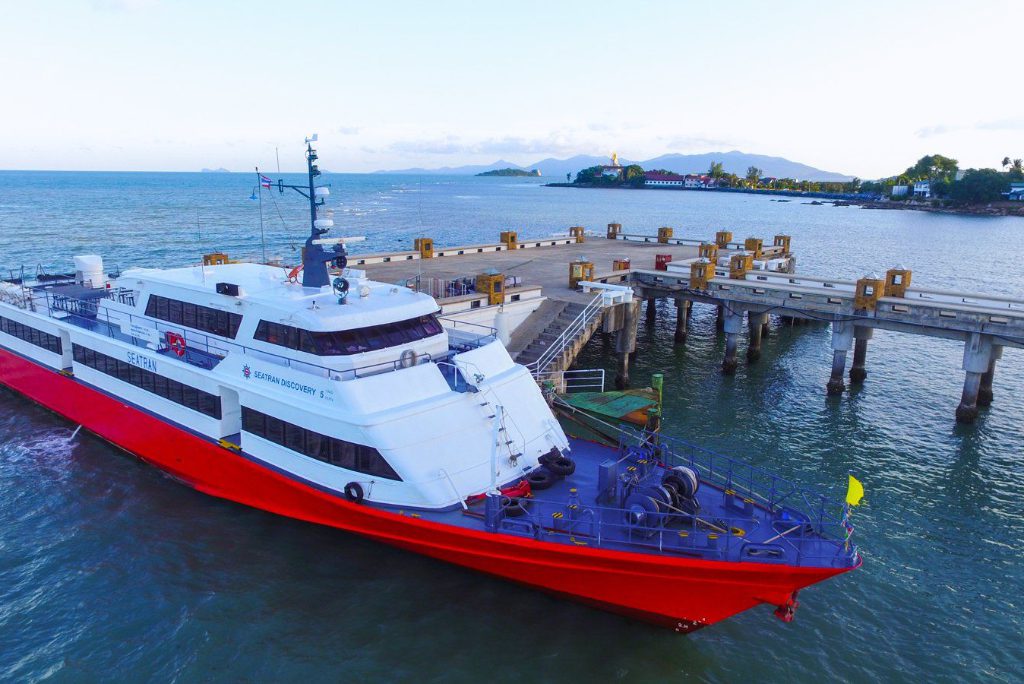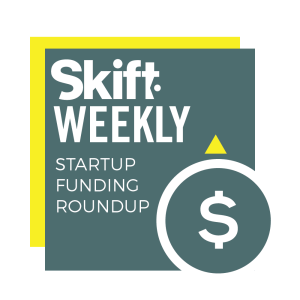Startup Aims to Simplify Bus and Ferry Booking: Travel Startup Funding This Week

Skift Take

Travel Startup Funding This Week
Each week we round up travel startups that have recently received or announced funding. Please email Travel Tech Reporter Justin Dawes at jd@skift.com if you have funding news.This week, travel startups announced more than $1.7 billion in funding.
>>Yanolja, a travel startup based in South Korea, has received a $1.7 billion investment from SoftBank Group’s Vision Fund 2. See Skift's story.
>>Bookaway, which is linking up ground and sea transportation booking platforms, has secured a $35 million round of Series B funding.
The Tel Aviv-based startup, founded four years ago, previously raised $11 million in funding. Israeli investor Aleph has been a key backer since 2019.
The startup has founded the Bookaway Group, which aims to "bridge the gap between travelers and local transport suppliers." The group plans to help travelers find and book transport options worldwide.
Bookaway Group has signed up Getbybus and 12Go, which together provide thousands of transit routes in the Balkans, Western Europe, and Southeast Asia.
"Currently, 95 percent of the ground transpo
